
ACCESS Project
ACCESS teaching and learning materials are available here.
The importance of lifelong learning and the constant improvement of personal and communication skills is nowadays a basic requirement in all fields of employment because of the rapidly changing world of business and commerce. Computer skills and foreign language skills are now seen as basic requirements in all the major fields of employment.
The employment rate of persons with intellectual disabilities is very low, especially on the open labour market. Unemployment often leads to poverty and social isolation. Additionally, people with disabilities are largely excluded from digital society with serious consequences for their opportunities for lifelong learning and for their employment prospects. The ACCESS Project aims to tackle both these issues and has just begun a two year Erasmus+ project with a kick off meeting in Budapest. The aim of the project is to develop and implement specially designed training programs for persons with intellectual disabilities, in the fields of basic spoken English and basic IT knowledge in order to consolidate and strengthen the position of these people on the open labour market, improve their employability, reduce their social isolation and allow them to make friends and communicate with people in other countries using their basic English skills.
In some EU countries, adult education programs offer surprisingly little to people with intellectual disabilities in both computer and foreign language skills, with most post 16 educational and training programmes concentrating on vocational training, linking to practical skills such as gardening, carpentry, weaving, etc.) Increasingly important ‘general’ skills such as computer usage, IT knowledge and the related security and safety issues, foreign language learning are usually absent from the system that provides special courses for persons with intellectual disabilities. There are very few opportunities at mainstream adult education where they can practice and improve their skills and, when such general adult education courses do exist, they are not tailored to the needs of this disadvantaged group and most of them could not afford to pay for such courses anyway.
The ACCESS project (involving partners from HU, SI, SW, UK) will develop teaching and learning materials, especially designed to teach persons with intellectual disabilities (and related developmental disabilities) about basic computer skills and how to use the internet safely. All this will be underpinned by courses in basic English, designed specifically to fit in with the topics and skills being studied. The actual ‘physical’ training materials (a trainer’s guide and a learner’s handbook) will be supplemented by additional training for the teachers as well as on-screen assistance.
With such international cooperation best practices will be shared and used to develop a ‘universal version’ of the basic training programs. These universal versions would be localized by each partner organization, based on the local needs and specialities.
Each main topic (basic spoken English, basic IT and internet safety) would contain a trainer’s guide and a learner’s handbook. You are invited to make contact with the Project manager (Mónika Tóth, toth (dot) monika (at) kezenfogva (dot) hu) for further information.

News
9 September 2019
During last week we had our final project meeting, where we had a chance to work together in person with our British, Slovenian and Swedish colleagues. We discussed last steps of closing the project. Together we found ways how we share materials to the most disabled people and professionals in our countries and also on the European level.
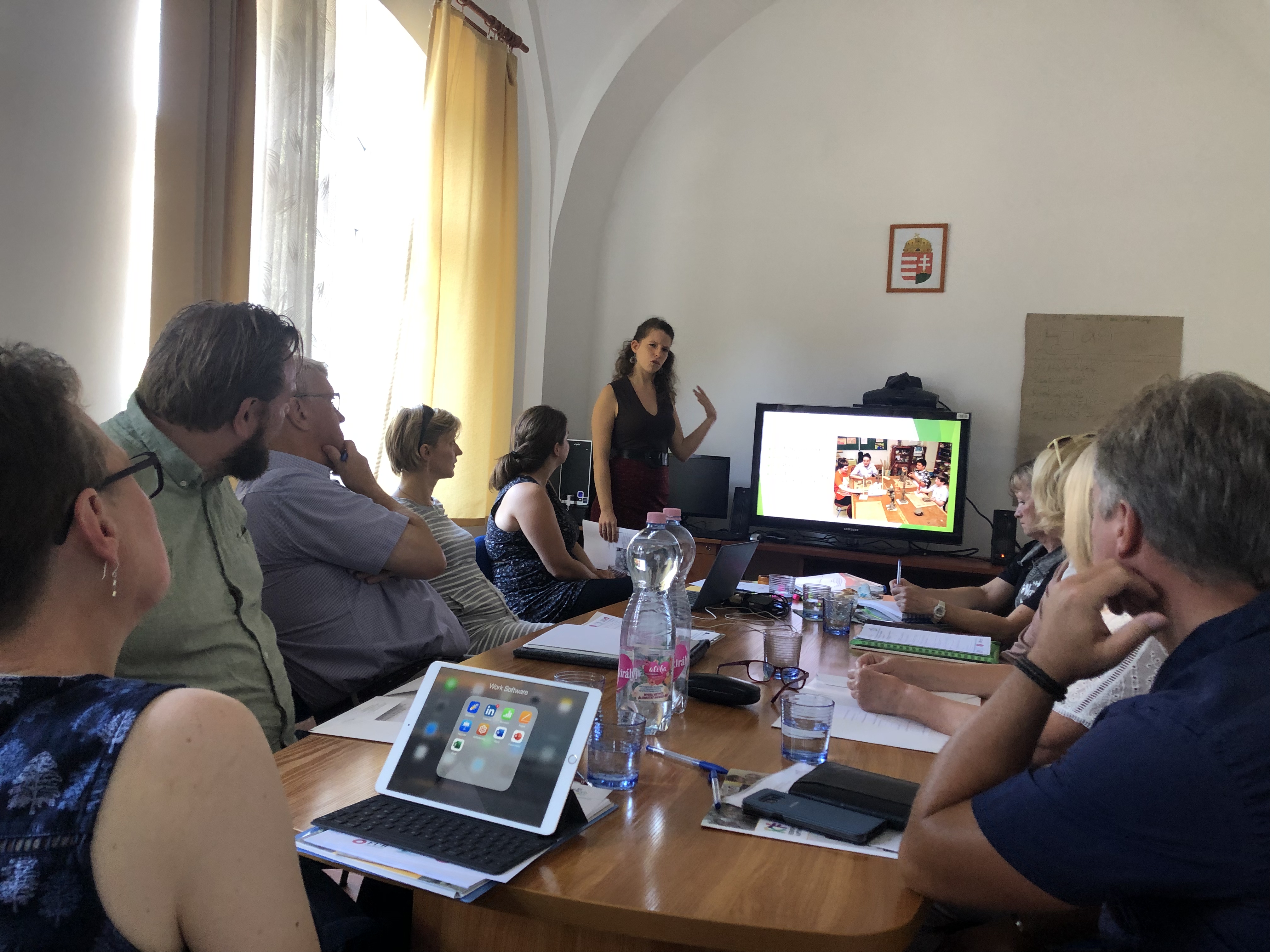
2 September 2019
English partner organization, Social Care Training Ltd had a multiplier event in Chesterfield, where materials were presented for members of Our Vision Our Future (OVOF). OVOF is a self advocacy group of people with learning disabilities. They heard about ACCESS at a prior event so this time they were very happy to get know materials more deeply.
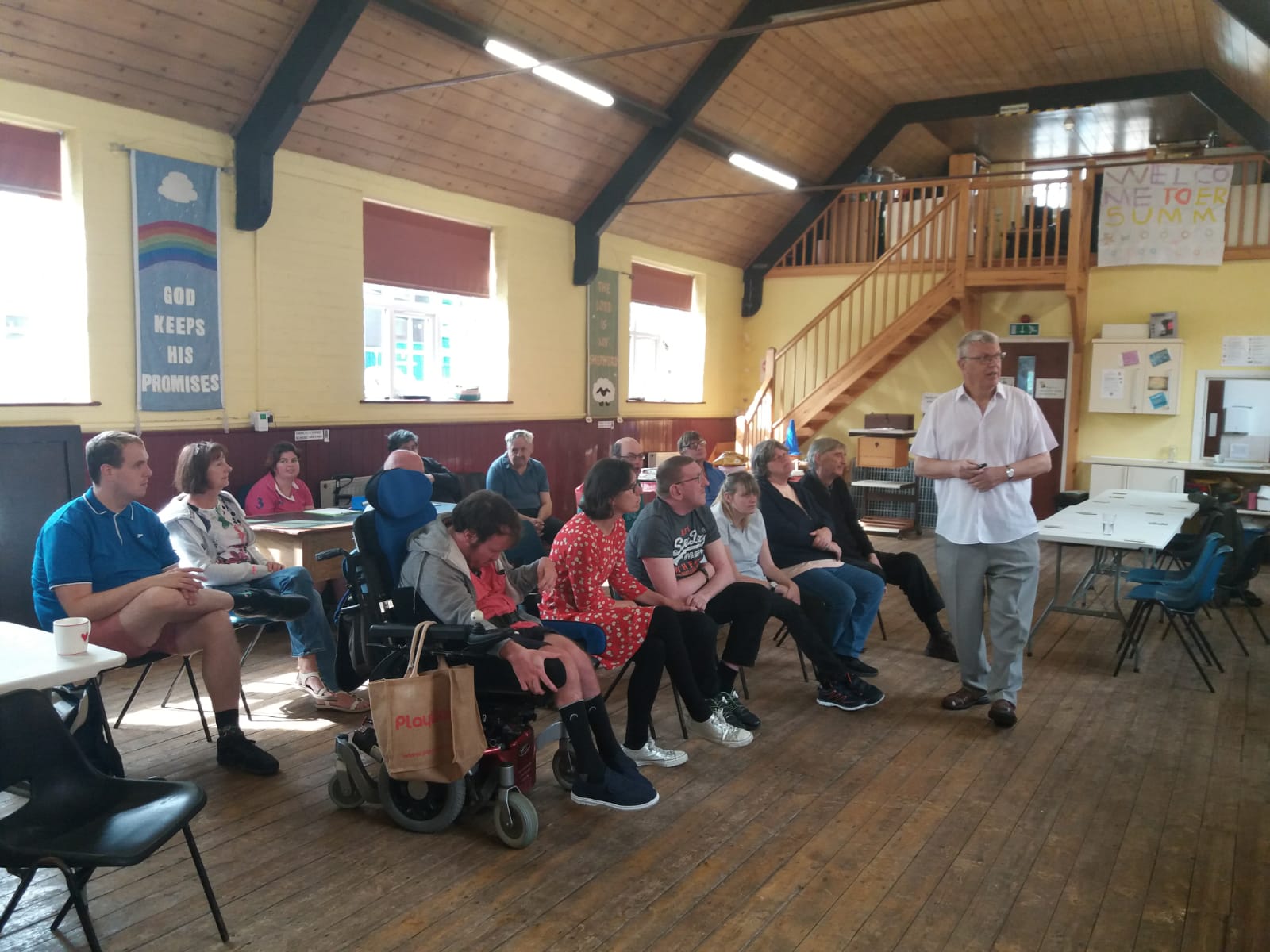
22 August 2019
ACCESS project is coming slowly to its closure so we start to share our experiences. Partner organizations will hold multiplier events in their countries and talk about ACCESS. In Hungary materials were presented first at Pécs. Audience really liked the topic of internet safety, that is one very important feedback for us.
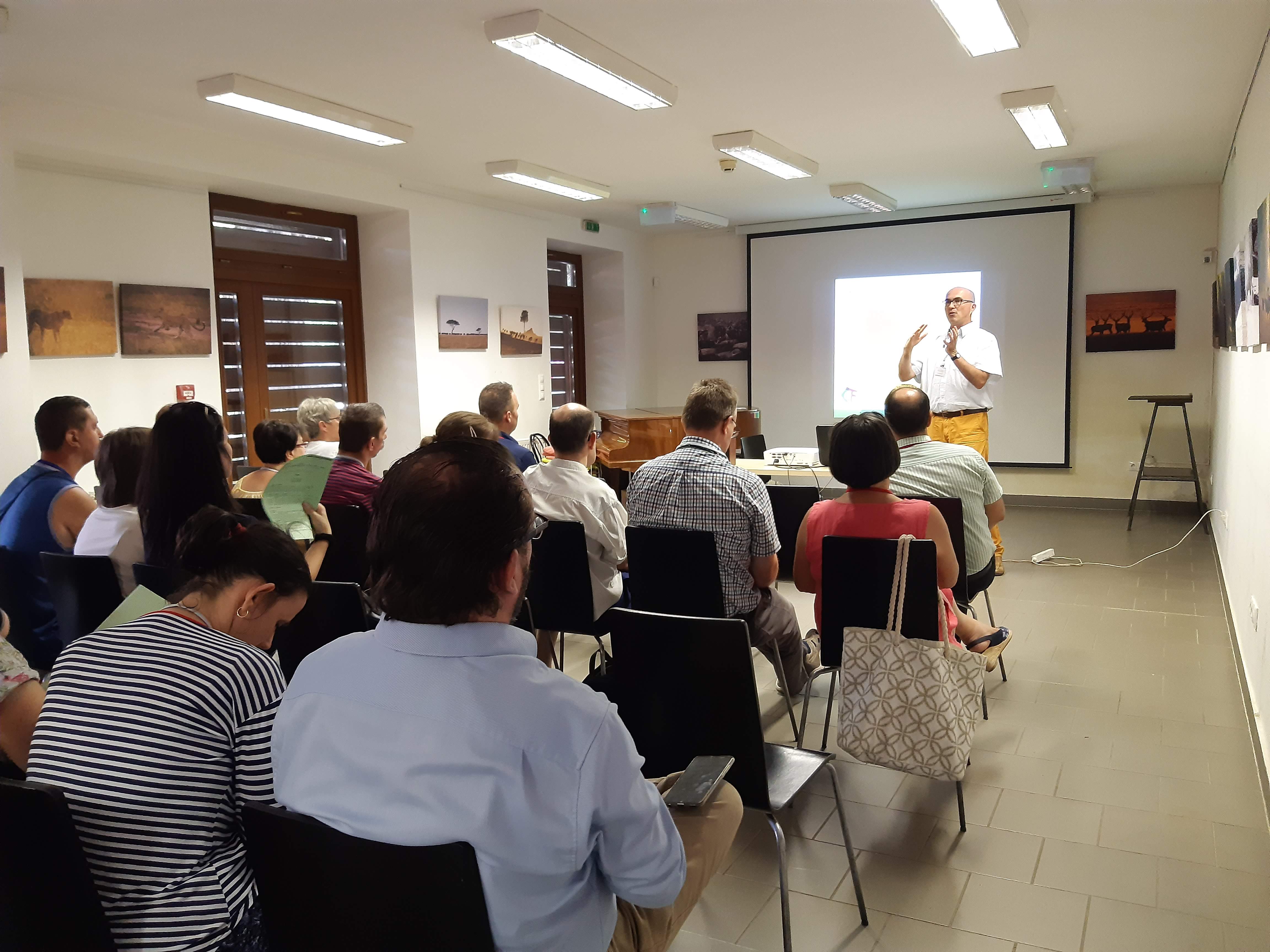
1 July 2019
The four partners in the ACCESS project from Hungary, Sweden, Slovenia and the United Kingdom have been waiting for the results from the second piloting of the ACCESS learning materials. Now the results are in we can say with certainty that the materials have been widely welcomed. Covering the three main areas of Basic English, Basic IT skills and Internet safety, all the delivery partners have reported excellent feedback from project participants. Covering a wide range of ability, teachers reported that there was something of benefit for everyone in the materials. Such has been the interest in the project that lots of extra materials have been created. “It provides a very good start” was a comment from Sweden. So we are now finalising all the materials which will shortly be available to everyone.
9 May 2019
At the annual general meeting of the CÉH Network Association, Ákos Pordán, director of Hand in Hand Foundation, talked about the work of the ACCESS project so far. Professionals representing the member organizations followed the presentation with great interest about how we developed learning materials in the European Partnership.
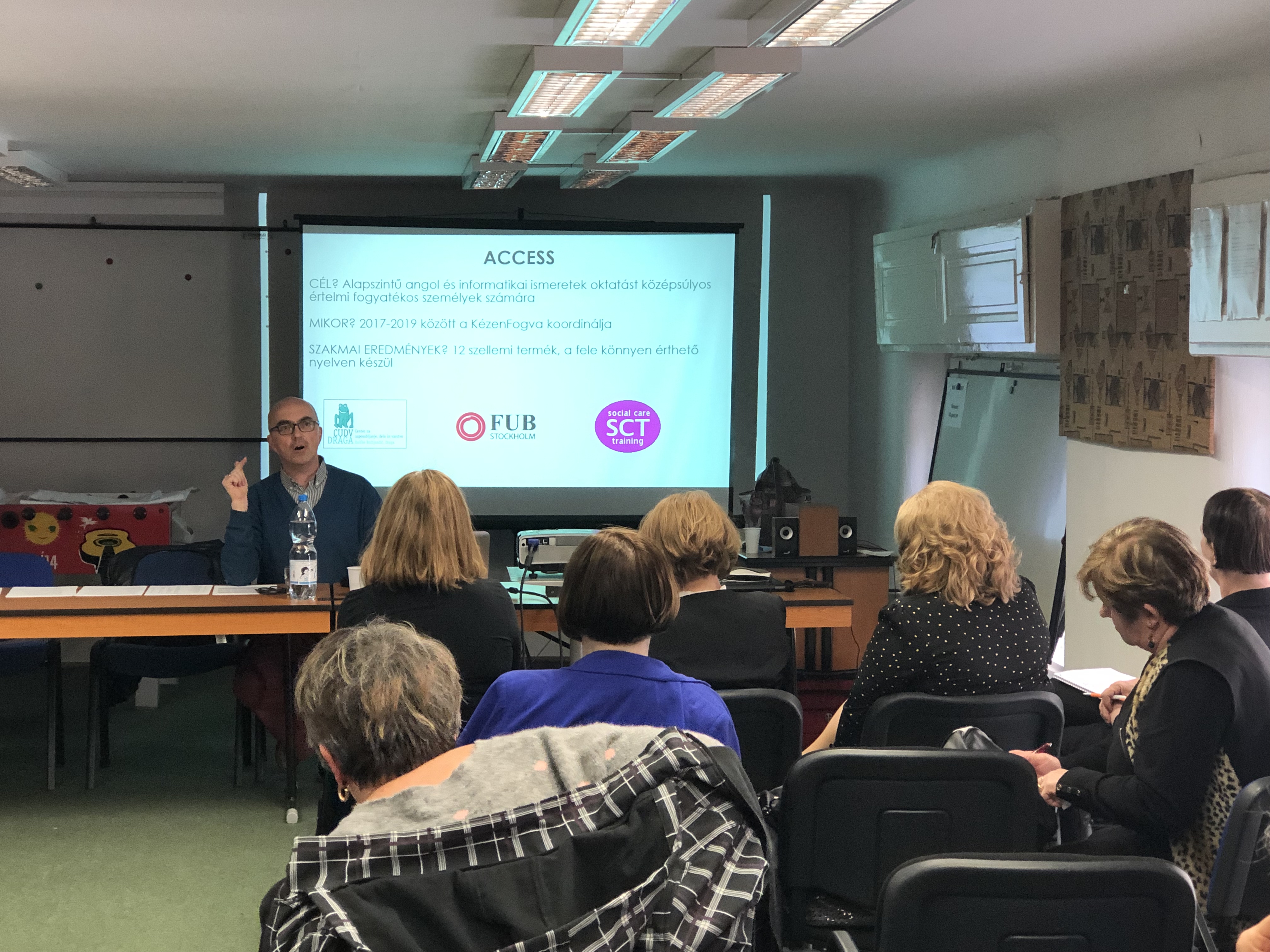
1 May 2019
This month, the second round of ACCESS pilot trainings will begin in Sweden, Hungary and Slovenia. We are looking forward to the test participants' feedback on the improved learning materials. Their insights are important in developing a more usable and understandable learning materials that will be useful to many people with learning disabilities.
15 December 2018
As part of our ACCESS project last week, we worked with our Slovenian, Swedish and English partners in Ljubljana on basic IT, English and Internet security materials. Lessons learned so far, material corrected, the final year of the project starts!
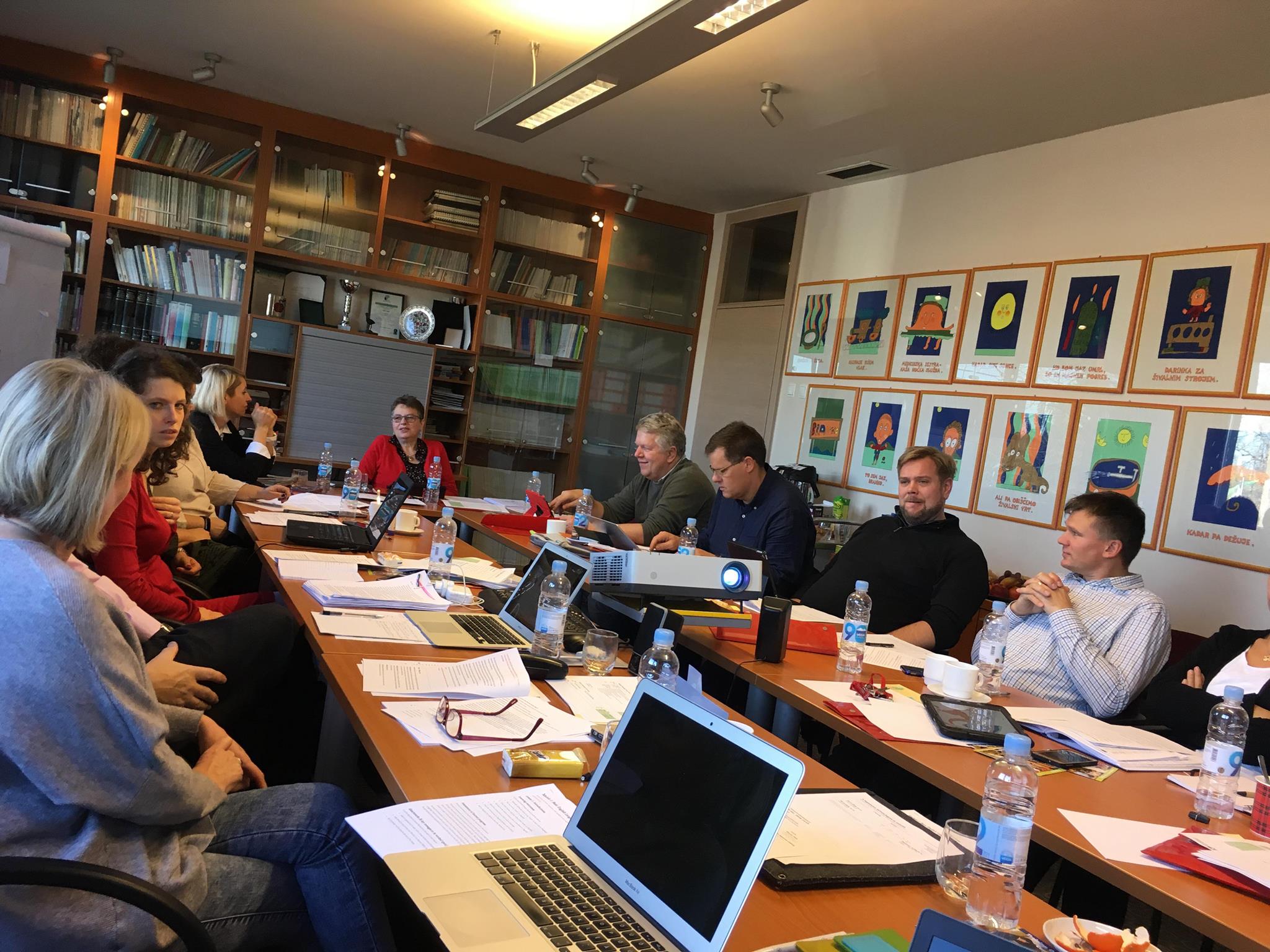
1 December 2018
Last week, our Slovenian partner, CUDV Draga, presented the experiences of the ACCESS project at a national conference called "Are you ready to change?" Many were curious about our work and the learning materials developed in a European partnerships.
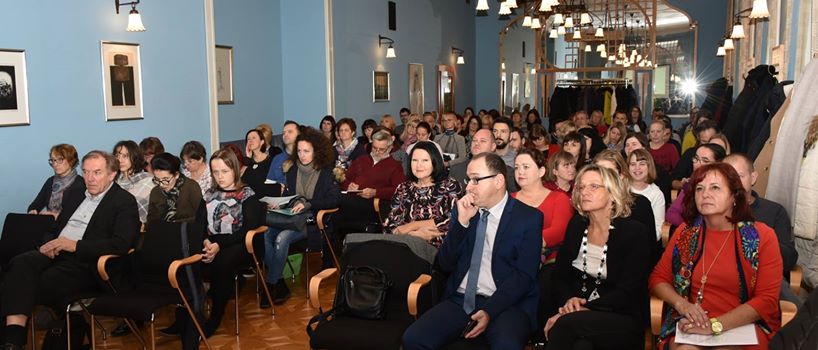
15 October 2018
We've moved on to ACCESS and started first pilot testing the learning materials! Universal English ACCESS materials now include examples and assignments that are relevant to the culture and customs of the test country. We look forward to learning about the experiences of qualified trainers and participants in Sweden, Slovenia and Hungary.
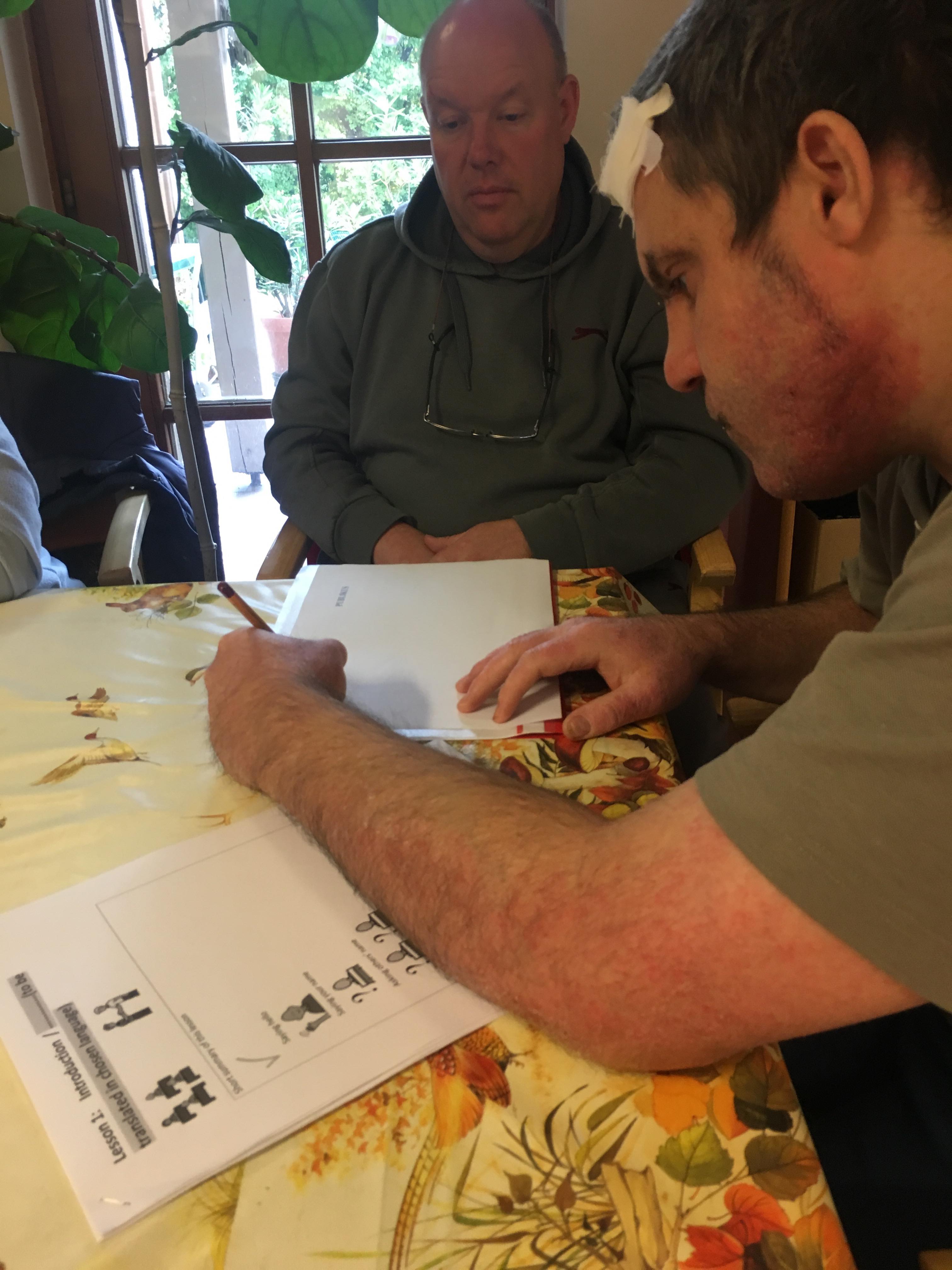
Newsletters
Access Newsletter July 2019
Access Newsletter September 2018
Access Newsletter December 2017
Project partners
1. Hand in Hand Foundation – Hungary
Hand in Hand Foundation is the project leader and budget holder. Based in Budapest, Hungary, HIHF specialises in educational social care and training projects. HIHF will create user friendly versions of the learning materials in the ACCESS project.
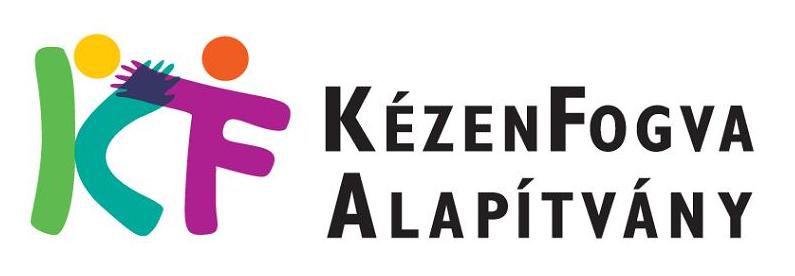
2. Social Care Training Ltd – United Kingdom
Social Care Training Ltd specialises in producing training for staff who support people with learning disabilities. In the ACCESS project SCT will be responsible for devising the Basic English Lessons. For more info visit: www.sctltd.eu
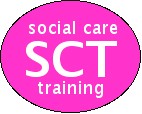
3. FUB Stockholm – Sveden
FUB Stockholm is a Swedish NGO supporting people with learning disabilities and their families. FUB will be creating the modules covering all the basic essentials of IT and piloting the materials in Sweden. For more info visit: www.fubstockholm.se/
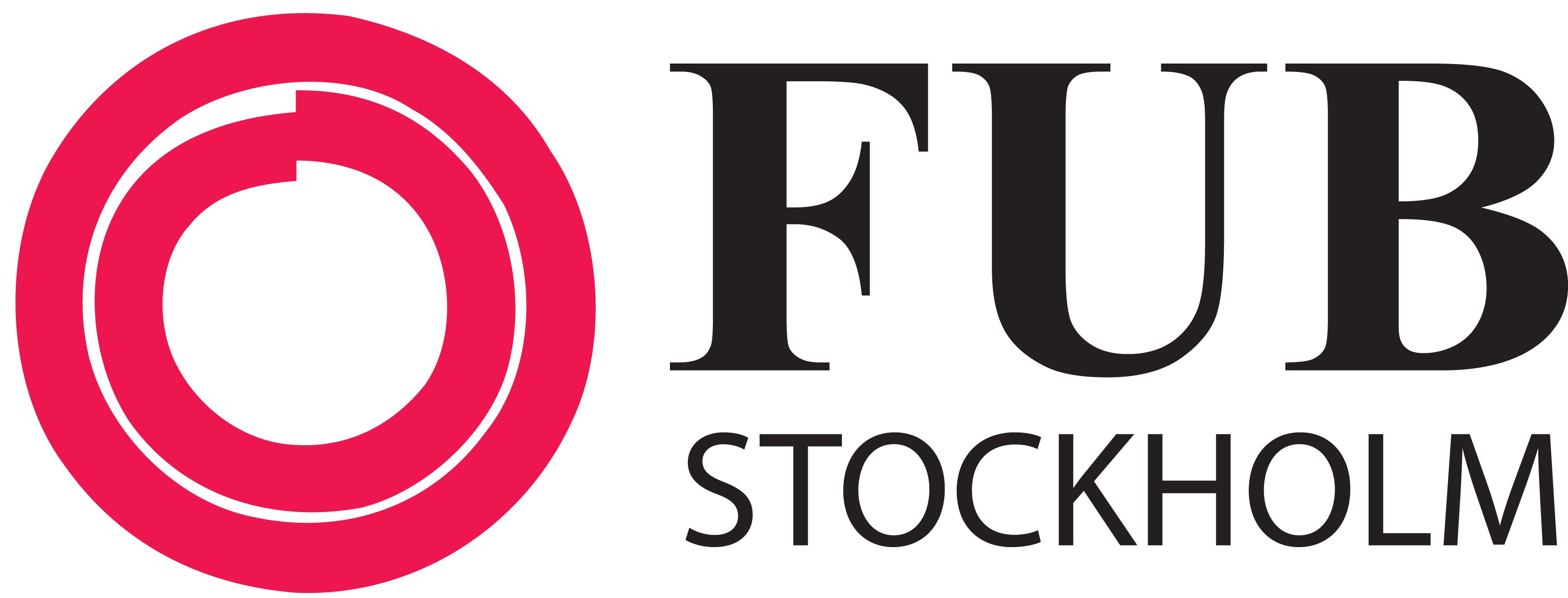
4. CUDV Draga – Slovenia
CUDV-Draga is an umbrella organization for people with special needs. CUDV will produce the easy read version of the internat safety materials and pilot the ACCESS project materials in Slovenia. For more info visit: http://www.center-db.si/
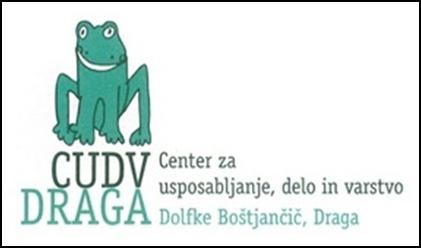
ACCESS teaching and learning materials are available here.
